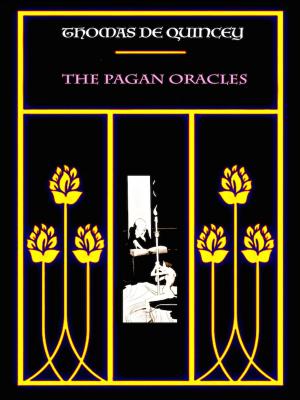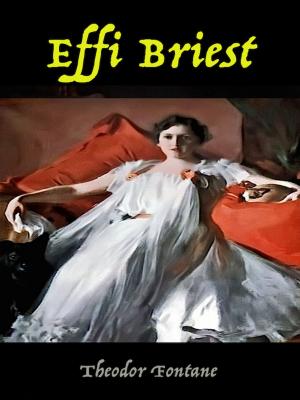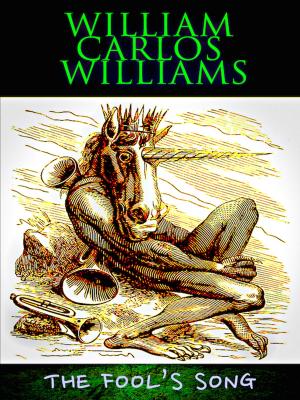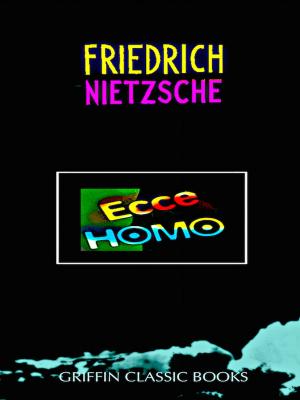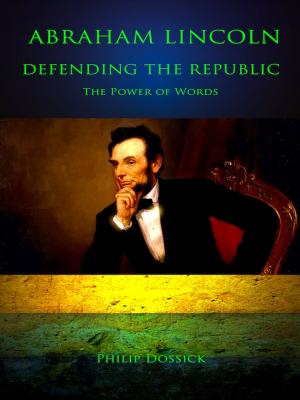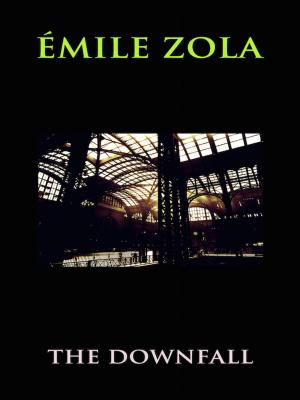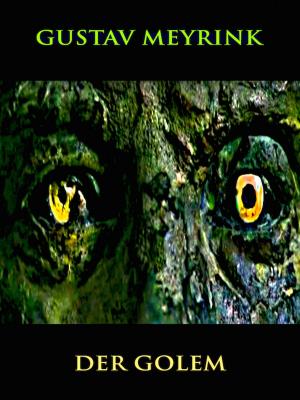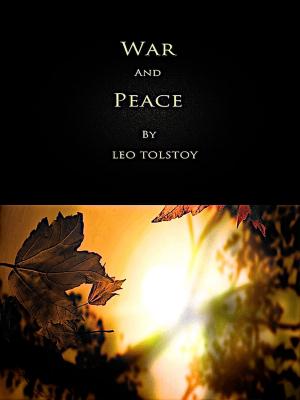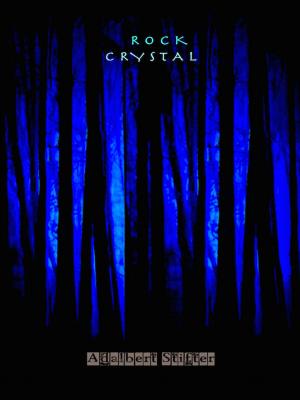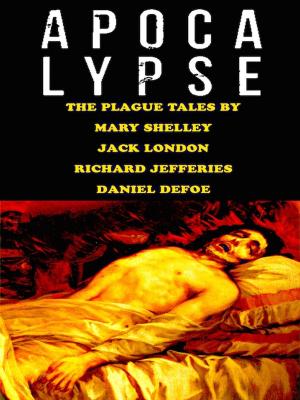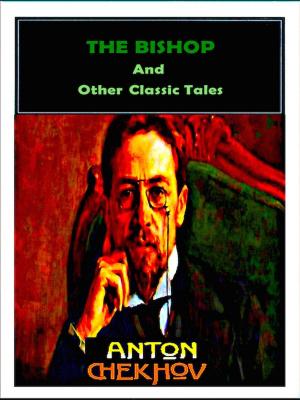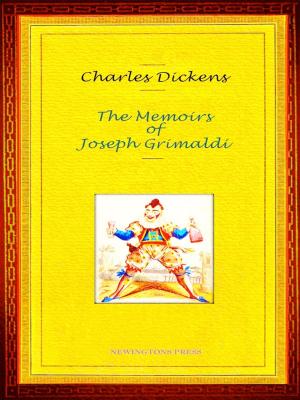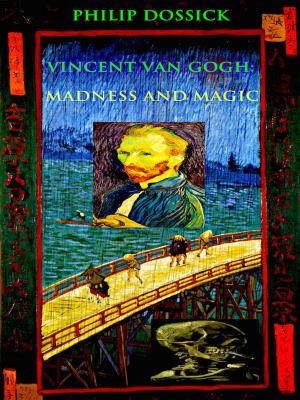| Author: | Edgar Allan Poe | ISBN: | 1230002062167 |
| Publisher: | Editions Artisan Devereaux LLC | Publication: | December 24, 2017 |
| Imprint: | Language: | English |
| Author: | Edgar Allan Poe |
| ISBN: | 1230002062167 |
| Publisher: | Editions Artisan Devereaux LLC |
| Publication: | December 24, 2017 |
| Imprint: | |
| Language: | English |
”Ligeia,” which Edgar Allan Poe considered his consummate tale, predates The Raven by seven years, although they go hand-in-hand, both detailing the insanity brought on by the grief and loss of a dearly beloved wife. It is widely considered to be one of the top 100 romances of all time.
EDGAR ALLAN POE (1809-1849) has yet to be surpassed as the greatest practitioner of the classic horror tale. Since their first publication in the 1830s and 1840s, Poe's grotesque and sublime tales of mystery and madness have established themselves as classics of short fiction. Poe believed that all literary works should be short, and that a good work of fiction should be written only after the author has decided how it is to end—and which emotional response he wishes to create, commonly known as the "unity of effect."
Poe takes his place as the first postmodern thinker, a precursor of such figures as Pynchon, Borges, and William Gibson.
—Errol Morris
The "unity of impression, the totality of effect" as described by Poe endows a composition with "a very special superiority."
—Charles Baudelaire
”Ligeia,” which Edgar Allan Poe considered his consummate tale, predates The Raven by seven years, although they go hand-in-hand, both detailing the insanity brought on by the grief and loss of a dearly beloved wife. It is widely considered to be one of the top 100 romances of all time.
EDGAR ALLAN POE (1809-1849) has yet to be surpassed as the greatest practitioner of the classic horror tale. Since their first publication in the 1830s and 1840s, Poe's grotesque and sublime tales of mystery and madness have established themselves as classics of short fiction. Poe believed that all literary works should be short, and that a good work of fiction should be written only after the author has decided how it is to end—and which emotional response he wishes to create, commonly known as the "unity of effect."
Poe takes his place as the first postmodern thinker, a precursor of such figures as Pynchon, Borges, and William Gibson.
—Errol Morris
The "unity of impression, the totality of effect" as described by Poe endows a composition with "a very special superiority."
—Charles Baudelaire

